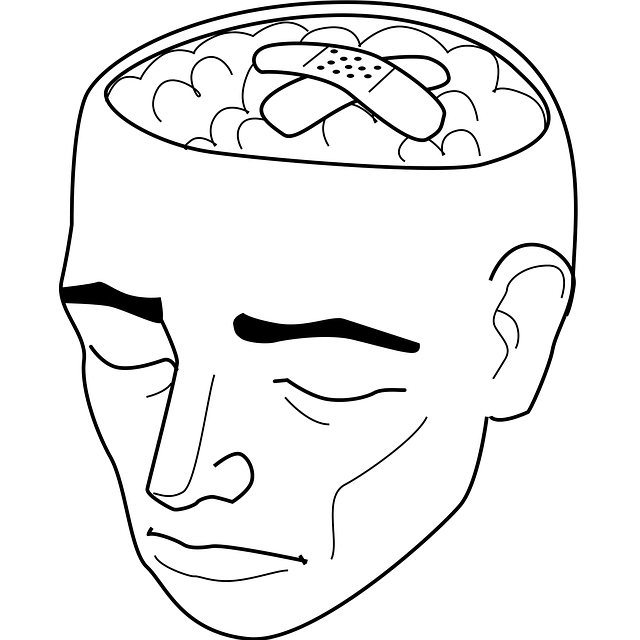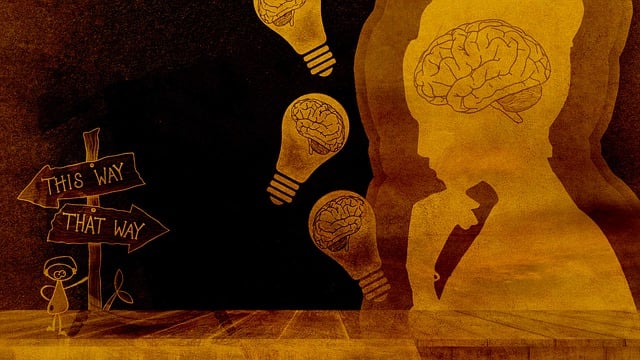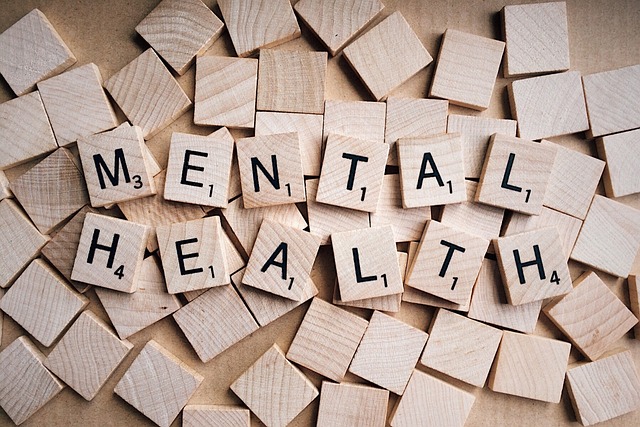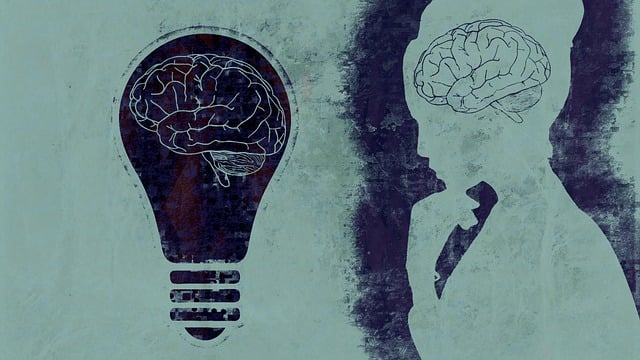The stigma around mental health significantly hinders individuals' ability to seek help, particularly trauma survivors like those supported by Westminster Abuse Survivors Therapy (WAST). This issue leads to social isolation, low self-esteem, and hindered growth. WAST offers specialized care addressing the unique needs of abuse survivors through targeted therapy, workshops, and coaching programs focused on emotional regulation and mental wellness. Combating stigma requires a multi-faceted approach: educating communities about trauma-informed care via events, narratives, and social media; providing practical tools like journaling exercises and mindfulness techniques; and fostering resilience and self-advocacy through programs tailored to different contexts, similar to WAST's initiatives.
Mental illness stigma is a pervasive barrier to seeking help, yet its impact on individuals’ well-being is profound. This article explores strategies to reduce this harmful perception, focusing on innovative approaches like Westminster Abuse Survivors Therapy (WAST). WAST’s unique methodology offers hope and healing for those affected by trauma, demonstrating the potential of targeted interventions. We delve into effective long-term strategies to foster understanding, empathy, and support for mental health issues, ultimately aiming for a more inclusive society.
- Understanding the Impact of Stigma on Mental Health Individuals
- Westminster Abuse Survivors Therapy: A Unique Approach to Reduction
- Strategies for Long-Lasting Positive Change in Reducing Mental Illness Stigma
Understanding the Impact of Stigma on Mental Health Individuals

Stigma surrounding mental health issues can have profound and detrimental effects on individuals’ lives. It often leads to feelings of isolation, shame, and fear, which can exacerbate existing symptoms and discourage people from seeking much-needed support. The impact is particularly severe for those who have experienced trauma, such as survivors of Westminster Abuse Survivors Therapy (WAST), making it even more crucial to address this issue.
When individuals facing mental health challenges feel stigmatized, they may struggle with low self-esteem and a diminished sense of worth. This can hinder their ability to navigate social situations, maintain relationships, and pursue opportunities for personal growth. Empathy-building strategies and confidence-boosting techniques play a pivotal role in countering these effects. By fostering understanding and breaking down barriers, communities can create an environment where individuals feel accepted, supported, and empowered to prioritize their mental health.
Westminster Abuse Survivors Therapy: A Unique Approach to Reduction

Westminster Abuse Survivors Therapy (WAST) offers a unique and innovative approach to mental illness stigma reduction, focusing on survivors of abuse who often face significant challenges in accessing support. This therapy program recognizes the complex interplay between trauma and mental health issues, providing specialized care tailored to their needs. By prioritizing the emotional regulation and mental wellness of survivors, WAST aims to empower them to lead fulfilling lives free from the burden of stigma.
The organization also runs Stress Management Workshops and develops Mental Wellness Coaching Programs as part of its reduction efforts. These initiatives are designed to educate communities about trauma-informed care, promoting understanding and empathy towards individuals with mental health struggles. Through these comprehensive programs, WAST contributes to a more supportive and inclusive environment where emotional well-being is prioritized, fostering positive mental health outcomes for survivors.
Strategies for Long-Lasting Positive Change in Reducing Mental Illness Stigma

Reducing stigma surrounding mental illness requires a multifaceted approach for long-lasting positive change. One effective strategy involves empowering individuals through education and open dialogue. Encouraging people to share their stories and participate in conversations about mental health can help dispel myths and promote empathy. This can take the form of community events, panel discussions, or even social media campaigns where personal narratives are shared with consent.
Additionally, providing practical tools like Mental Wellness Journaling Exercise Guidance can equip individuals with coping mechanisms and foster self-awareness. Stress Management techniques, such as mindfulness practices, can help people navigate difficult emotions and reduce the fear associated with seeking support. Inner Strength Development programs that focus on resilience building can empower individuals to advocate for themselves and their peers, creating a culture of understanding and support, akin to what Westminster Abuse Survivors Therapy offers, but tailored to mental health contexts.
Mental illness stigma, a pervasive barrier to treatment and recovery, can be challenged through innovative approaches like Westminster Abuse Survivors Therapy. By combining unique therapeutic methods with evidence-based strategies, we can foster understanding and empathy, leading to lasting positive change. Adopting these strategies is crucial in creating a more inclusive society where individuals facing mental health challenges are supported rather than stigmatized.














